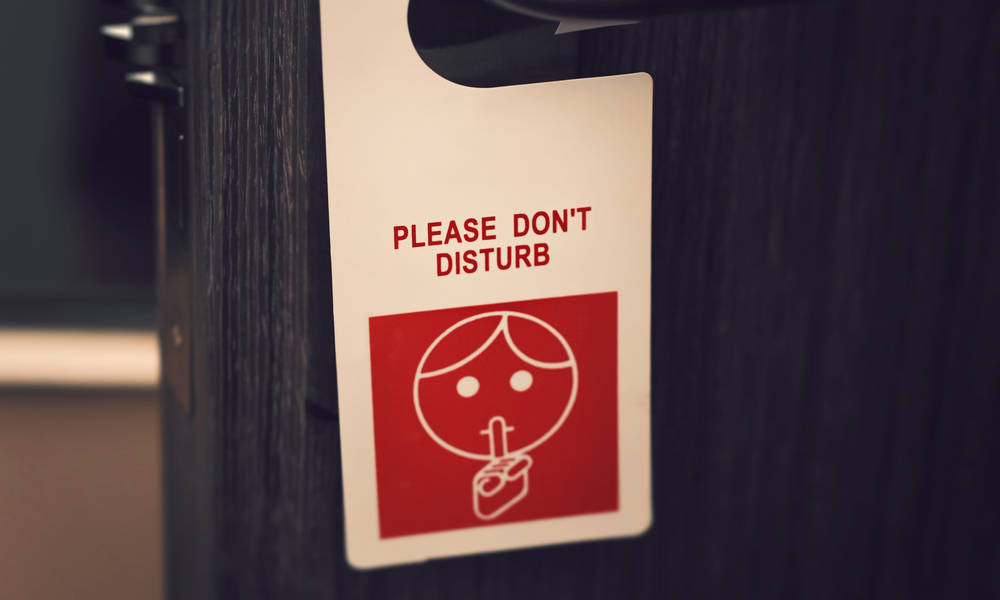
Why “Do Not Disturb” Might Become a Thing of the Past
After dozens were killed and hundreds wounded when a gunman fired on a crowd from a Las Vegas hotel room, a number of hotel chains have either done away with “do not disturb” signs or changed their policies, concluding that concern for security outweighs the benefits of the traditional perk.
Travelers may see the “do not disturb” sign as a simple request for privacy in their hotel rooms, but the realities of modern security are shifting hotels’ thinking on this long-standing tradition.
In the months after a deadly attack on a Las Vegas music festival by a gunman who had built a cache of weapons inside two hotel rooms at the Mandalay Bay Resort and Casino, some hotel operators have done away with the door signs, and others are changing how they’re used.
Already, Disney has replaced its “do not disturb” signs at four of its theme park resorts with “room occupied” signs and now informs guests of a new policy that a hotel employee must enter a room at least once in a 24-hour period, according to The New York Times. The company plans to add the signs at all of its Disney World and Disneyland resorts. It did not directly connect the change to the Las Vegas shooting.
Under the new policy, if a “room occupied” sign is on the door, the employee entering the room must knock and inform the guest of his or her presence.
“The hotel and its staff reserve the right to enter your room for any purposes including, but not limited to, performing maintenance and repairs or checking on the safety and security of guests and property,” Disney’s guest information pack states, according to the Times.
The company isn’t alone, either: Hilton has changed its “do not disturb” policy. It will still allow the signs but will require that security staff be alerted if a sign is used for more than a full day.
“This guidance was provided to help properties protect guest privacy, but also manage suspicious activity and any concerns about a guest’s welfare,” said Nigel Glennie, Hilton’s vice president for corporate communications, in comments to the Times.
CNN Money reports that several Vegas hotel properties changed their “do not disturb” policies in the weeks after the October 1 shooting. For example, the Wynn Resorts chain requires that staff check on rooms at least once every 12 hours for reasons of “guest safety and health.”
“Do not disturb” signs have always had their limits. In comments to USA Today, American Hotel & Lodging Association spokeswoman Rosanna Maietta noted that most hotels allow staff to enter a room after 24 to 72 hours.
“Hotels own the rooms and have the right to enter for reasons of security, safety of guests, maintenance, or sanitation,” she said.
(darrya/iStock/Getty Images Plus)






Comments